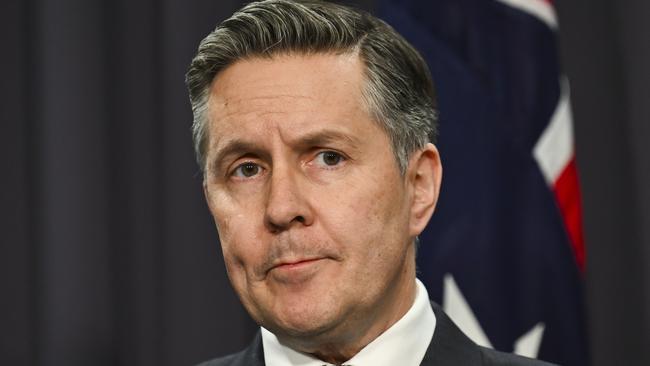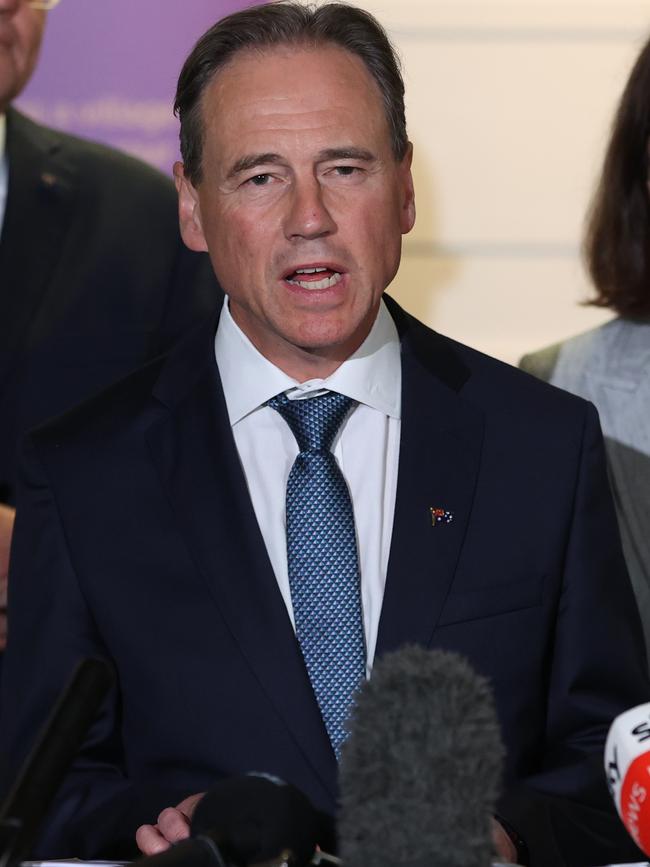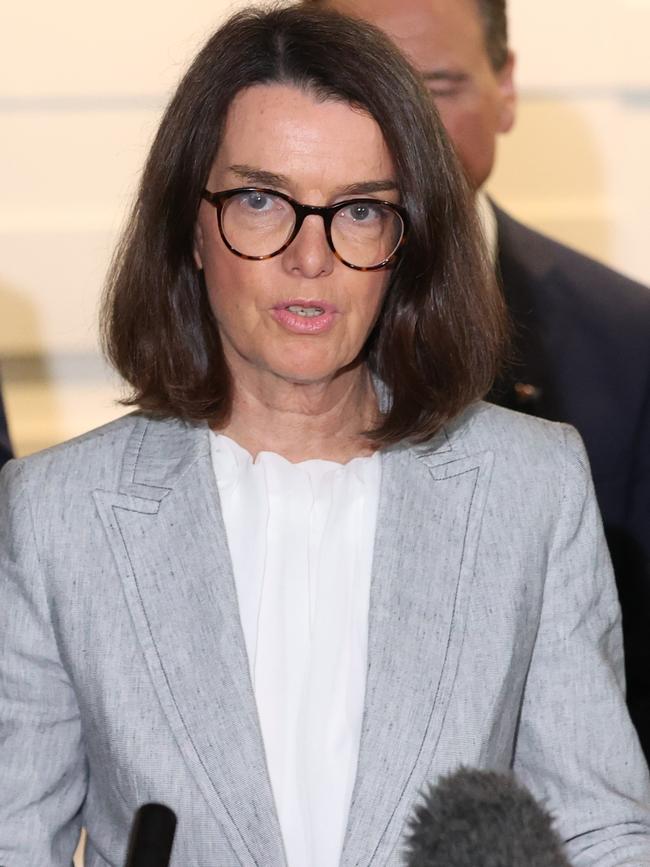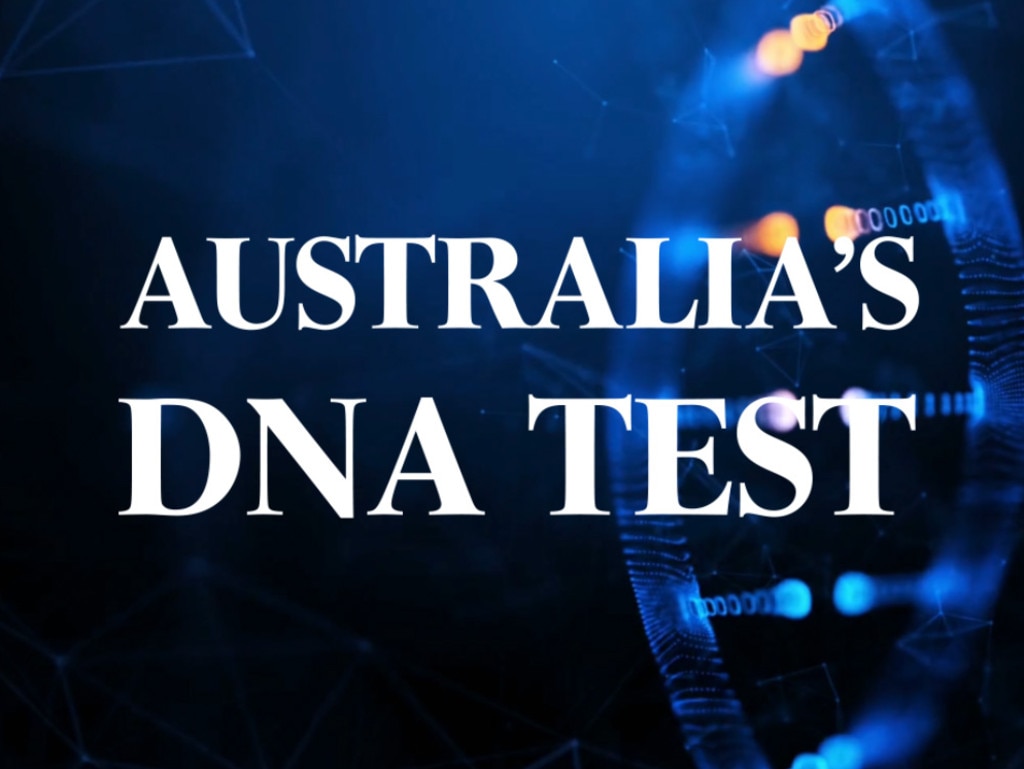‘All talk no action’: Coalition attacks genomics commitment
Despite his commitment to fund Genomics Australia, Health Minister Mark Butler is being accused of walking back an election commitment.

Questions are being asked about the status of a planned new national genomics body and whether it will be a legislated Commonwealth entity similar to important agencies such as Cancer Australia.
Federal health minister Mark Butler announced on Friday the government would establish the national body Genomics Australia, and that it would be a body within the Federal Department of Health and Aged Care, with a commissioner who will provide expert advice to Government on health genomics.
Genomics uses genetic screening to personalise care and identify the cellular intricacies of individuals. It is one of the fastest advancing fields of medical research.
But the announcement of Australia’s flagship genomics research body has sparked discontent in the opposition, who call it a “broken promise” after it scaled back previous health minister Greg Hunt’s 2022 promise to create Genomics Australia as a legislated corporate Commonwealth entity under the health portfolio. Such a structure is in line with an agency like Cancer Australia.
Although the Albanese government promised to progress the previous government’s plan to establish Genomics Australia, establishment of the body has been mired in delay.
An open letter published by The Australian was signed by more than 100 leading scientists and clinicians and almost 50 peak health and patient groups who called for a stronger government commitment to genomics.
Opposition health spokeswoman Anne Ruston raised questions as to the status of Genomics Australia which Mr Butler promised would be operational by July 1. The Coalition is concerned that the body may be hamstrung if it done not have clear status and instead operates as part of the health department bureaucracy.
Senator Ruston questioned whether the government was planning to internalise Genomics Australia within the health department and questioned how it would achieve the outcomes promised.
She said that a year ago the government said there was work underway to progress towards the establishment of Genomics Australia, but no clear timeframe since.
Senator Ruston argued an independent Genomics Australia could deliver innovation faster than one built within the Health Department.
She said there had been no meaningful updates on the status of the national body since a November 30 statement from Mr Butler last year spruiking outcomes from the New Frontier report which cited “progress towards the establishment of Genomics Australia”.
“This government is seriously all talk no action when it comes to ensuring Australian patients have access to potentially lifesaving new health innovations,” she said.
Senator Ruston said there had been no meaningful progress since a November 30 statement from Mr Butler last year spruiking outcomes from the New Frontier report which cited “progress towards the establishment of Genomics Australia”.
Mr Butler said in the announcement of Genomics Australia that it would drive translation of cutting-edge science to the clinic.
“We need to make sure Australia can take full advantage of our incredible research, taking it beyond the lab and benefiting patients,” Mr Butler said.
“The Government has listened to the clear message received through consultation on the need for national leadership and co-ordination to achieve this goal.
“Genomics Australia will provide that leadership and help drive advances in diagnosis, treatment and health outcomes for all Australians.”


It will receive its first funding in the mid-year economic update next month and will begin operations next July.
The Albanese government has committed $30 million over four years to the project from July next year.
The body’s commissioner, who is yet to be announced, will provide advice to government and implement a National Health Genomics Policy Framework.
The first priority cited for the organisation is improving access to personalised cancer care.




To join the conversation, please log in. Don't have an account? Register
Join the conversation, you are commenting as Logout